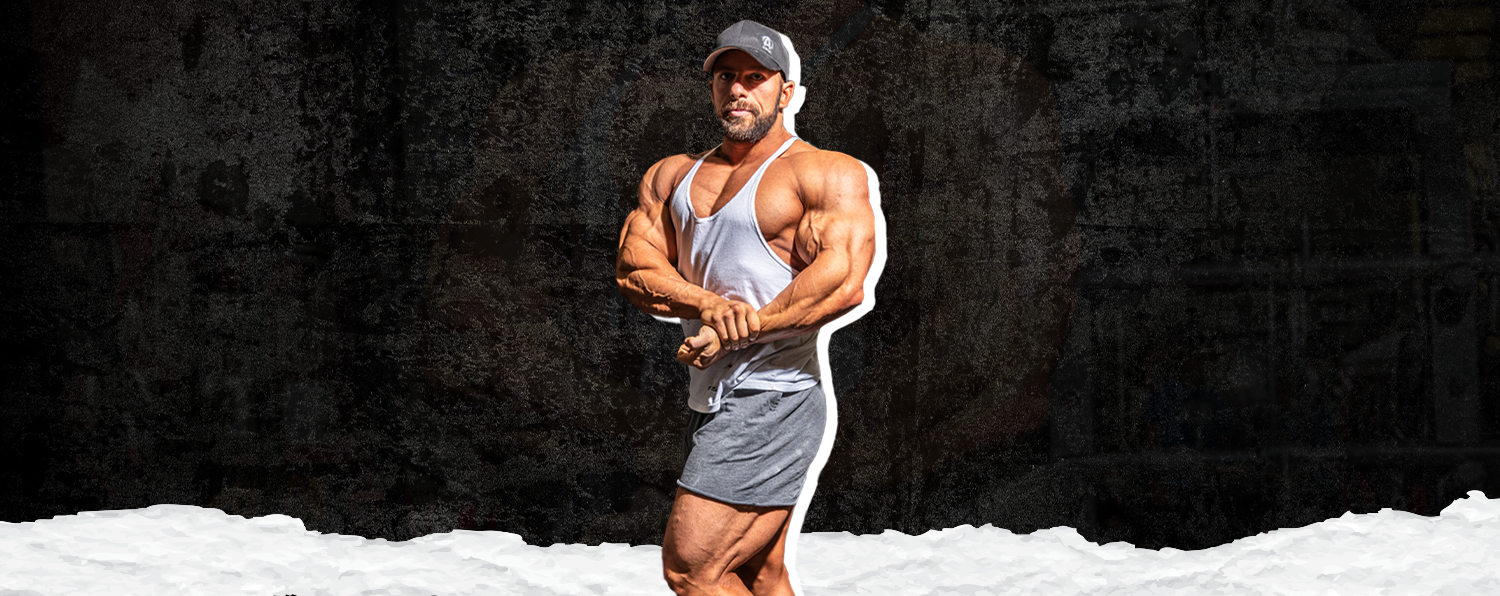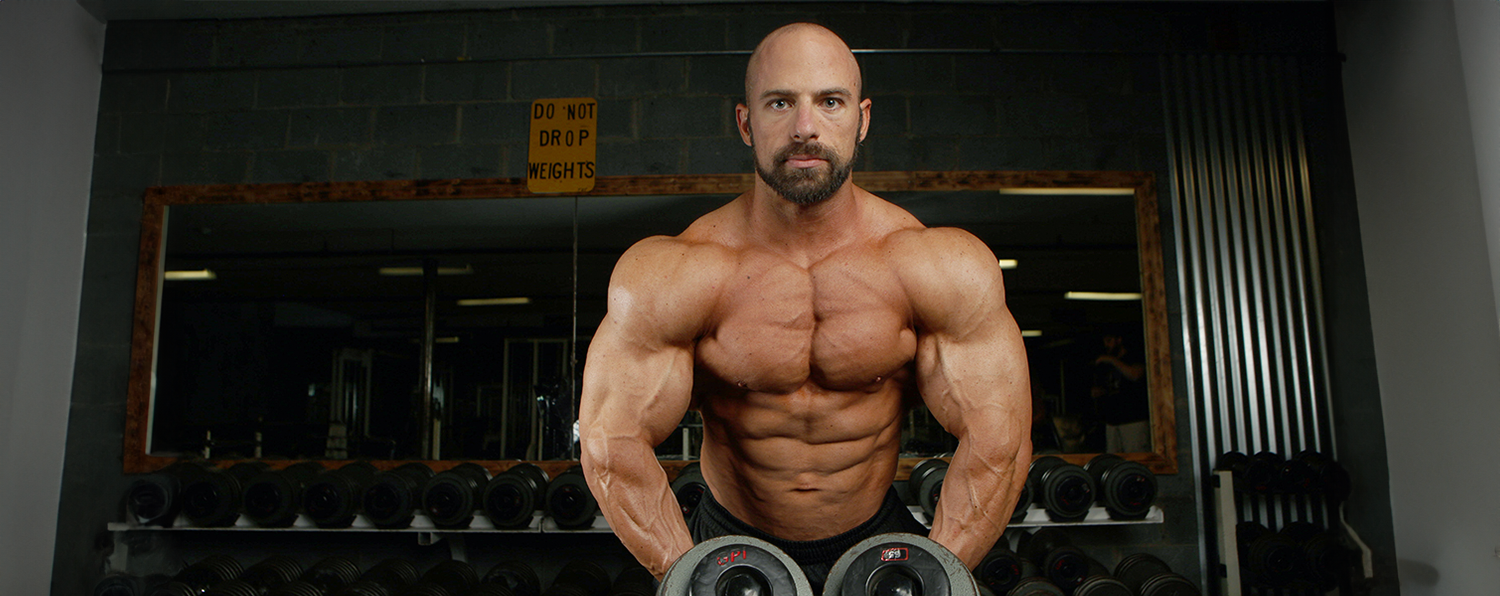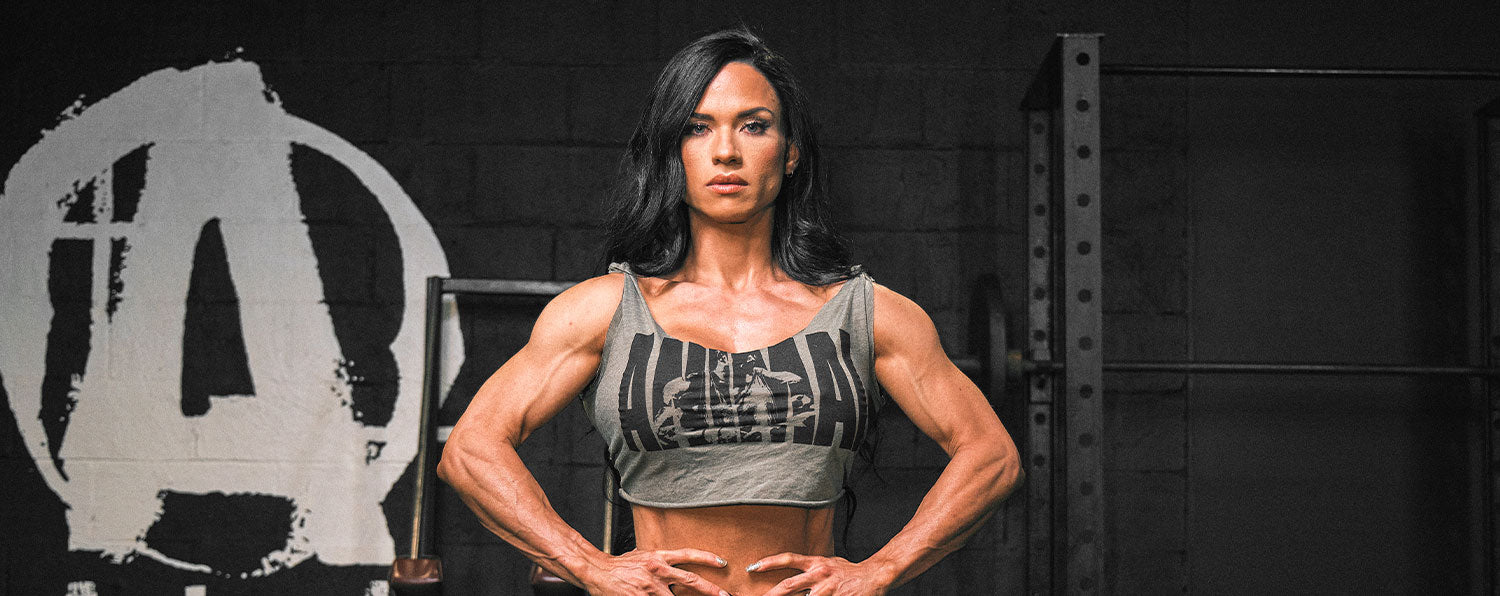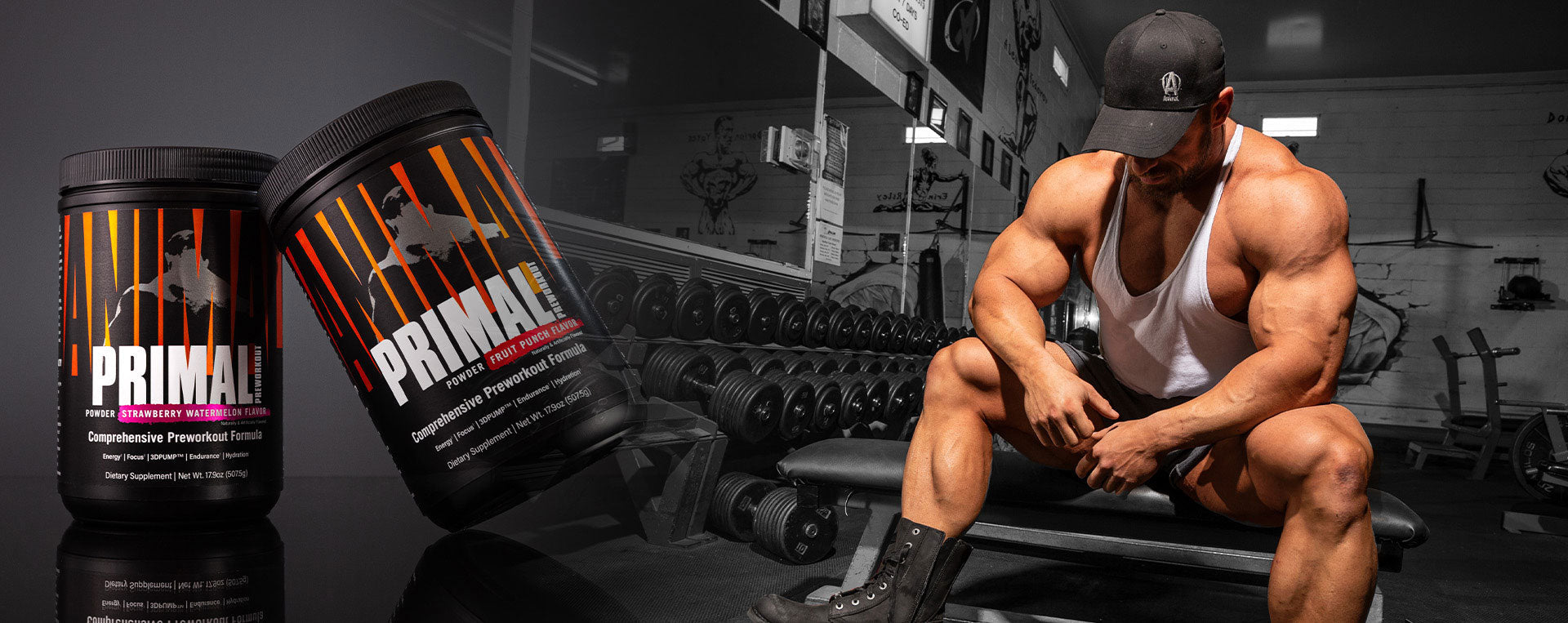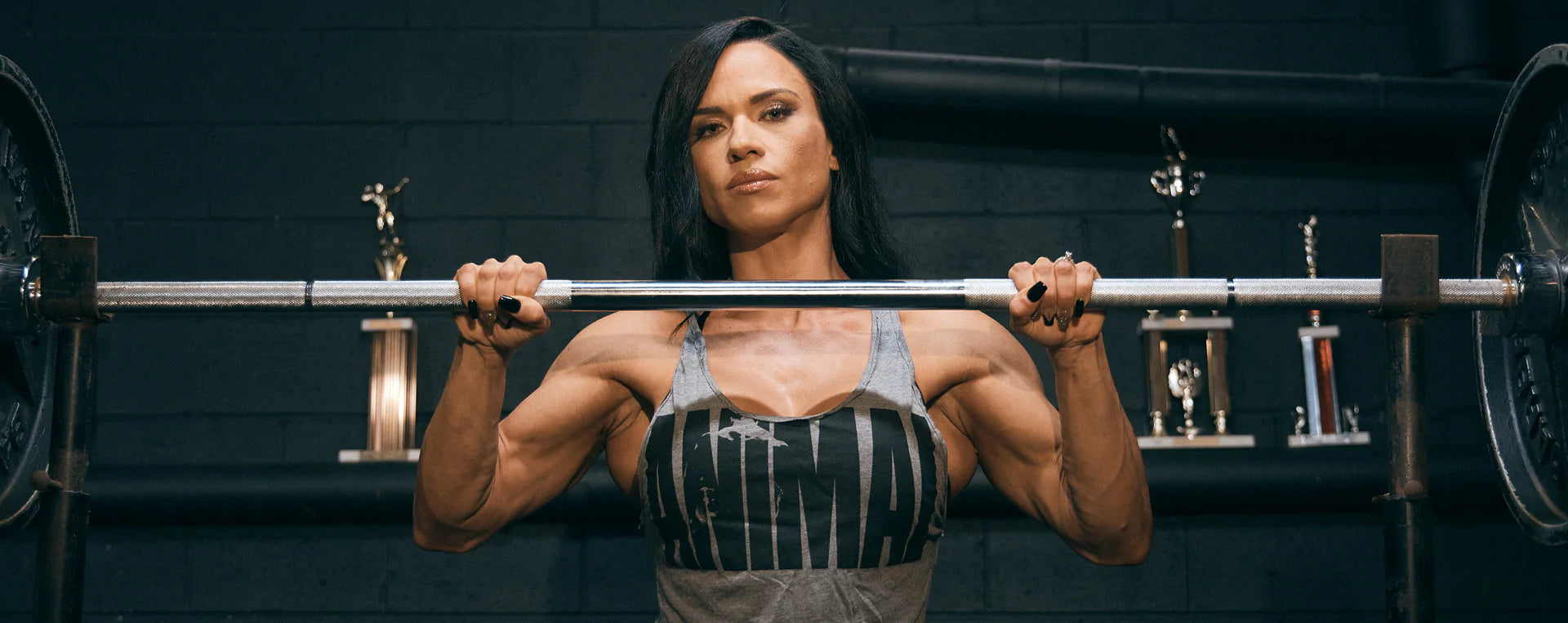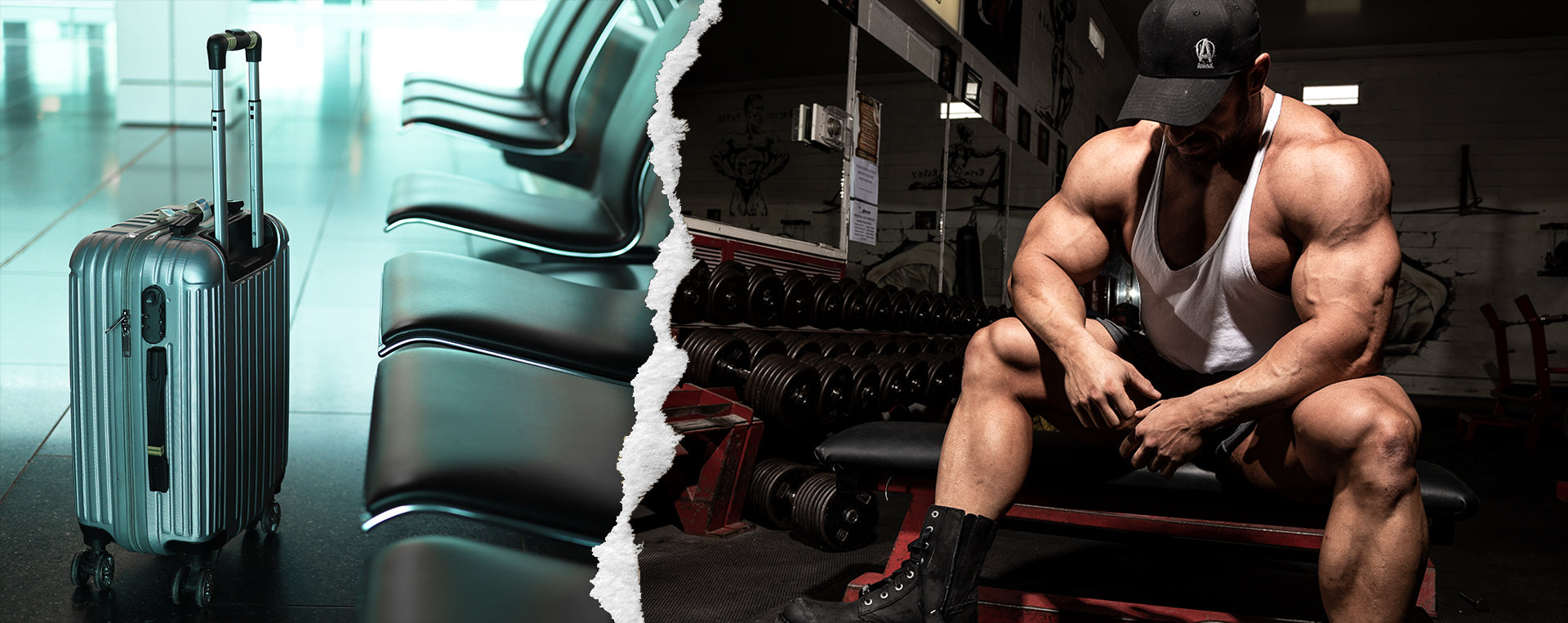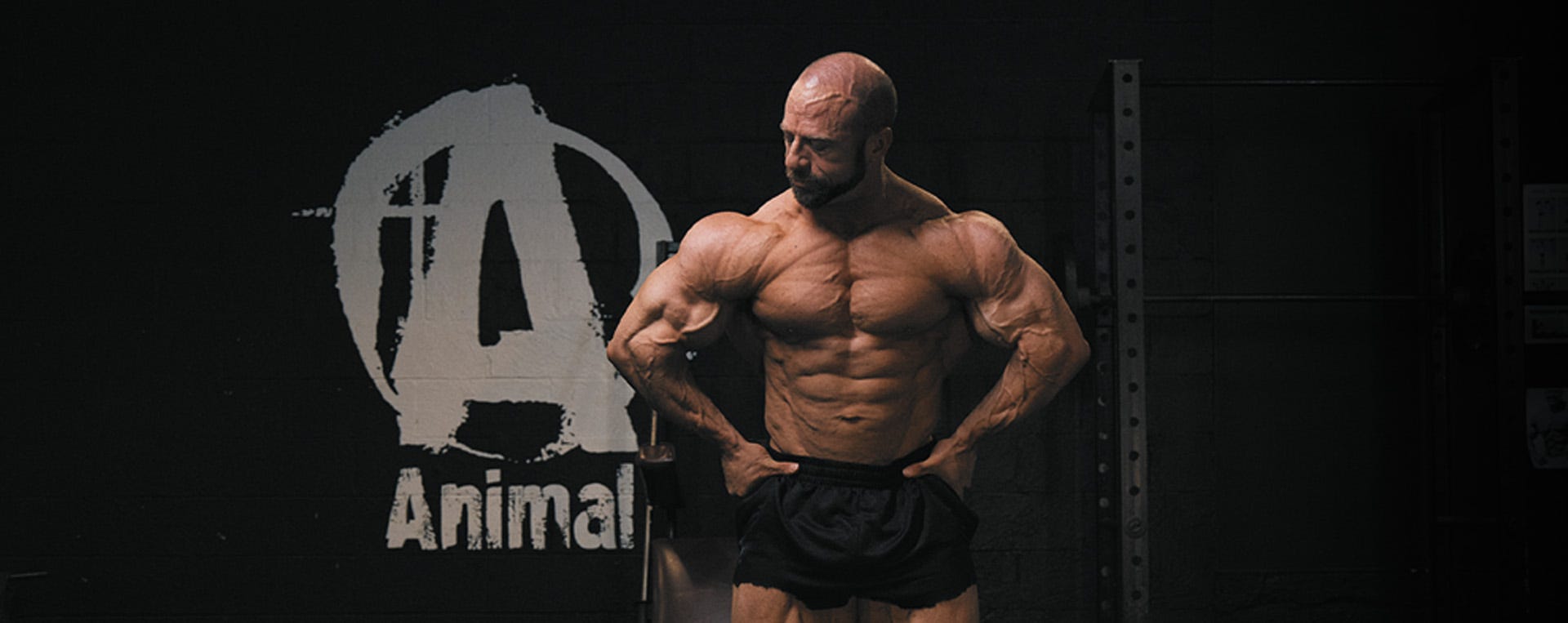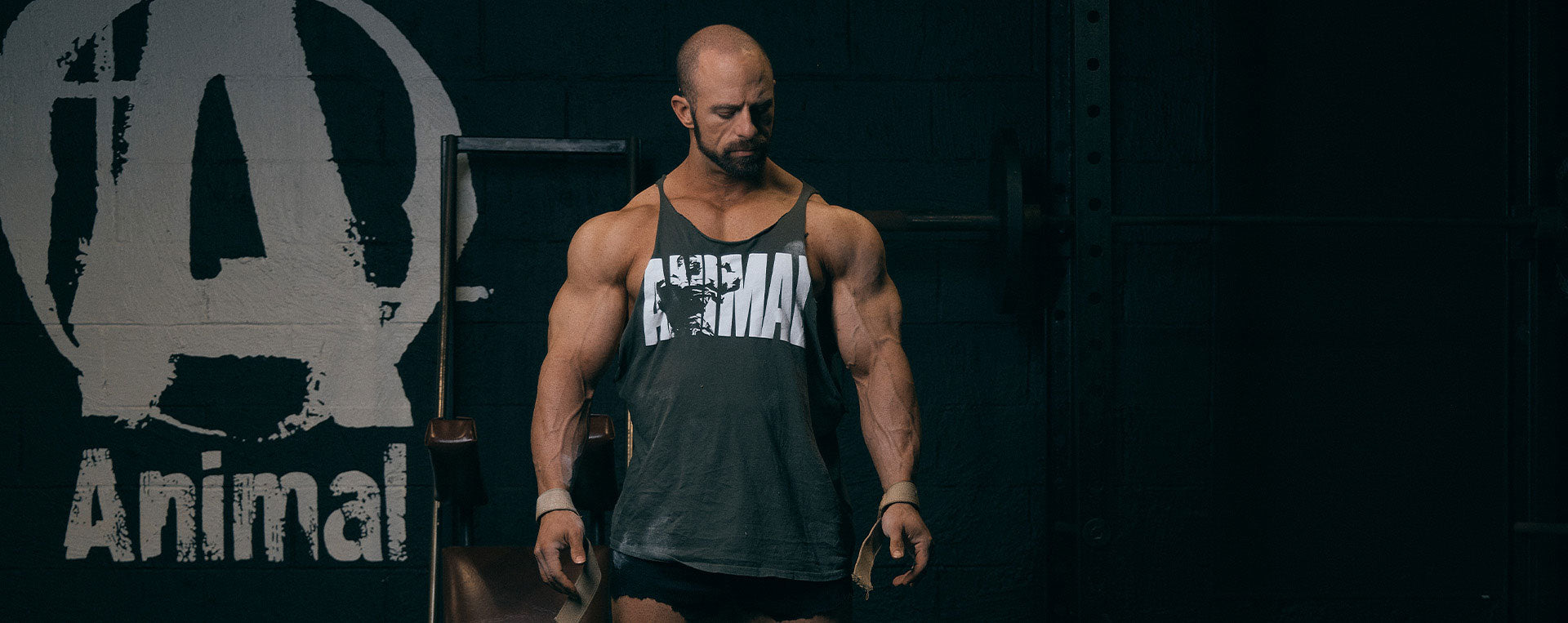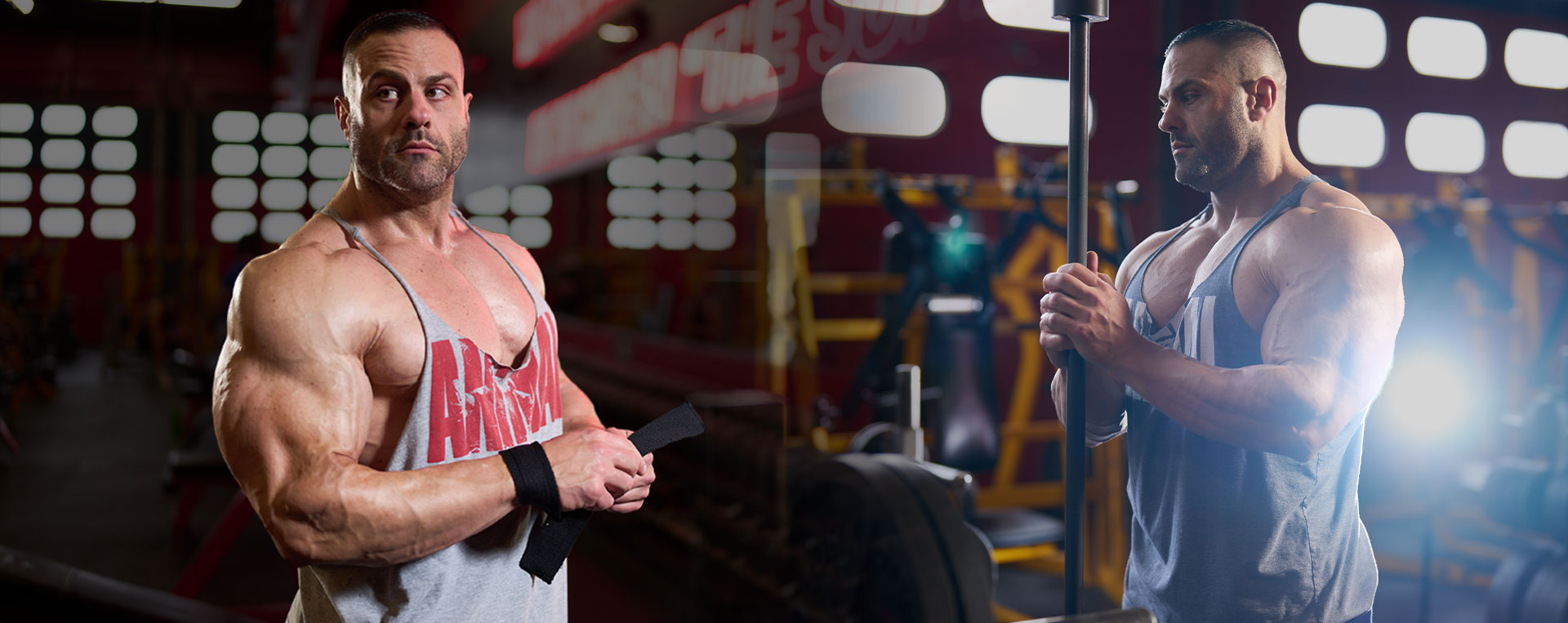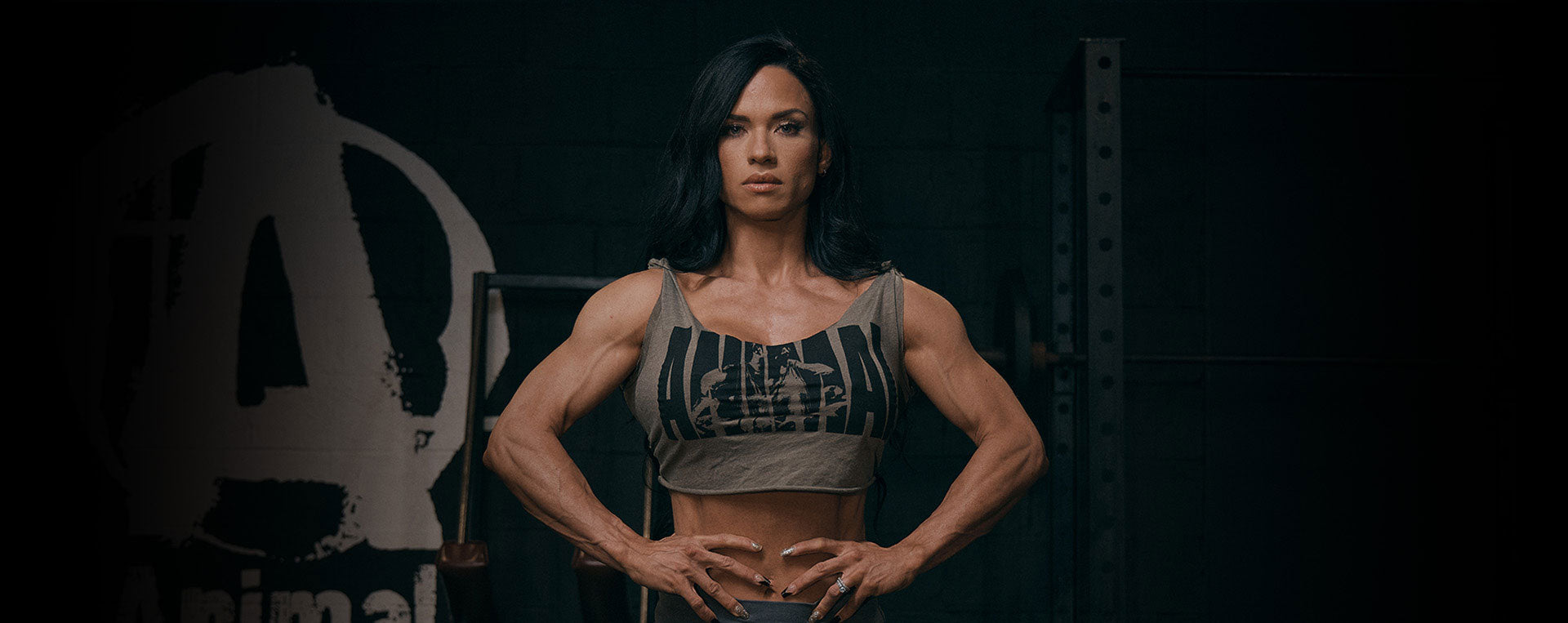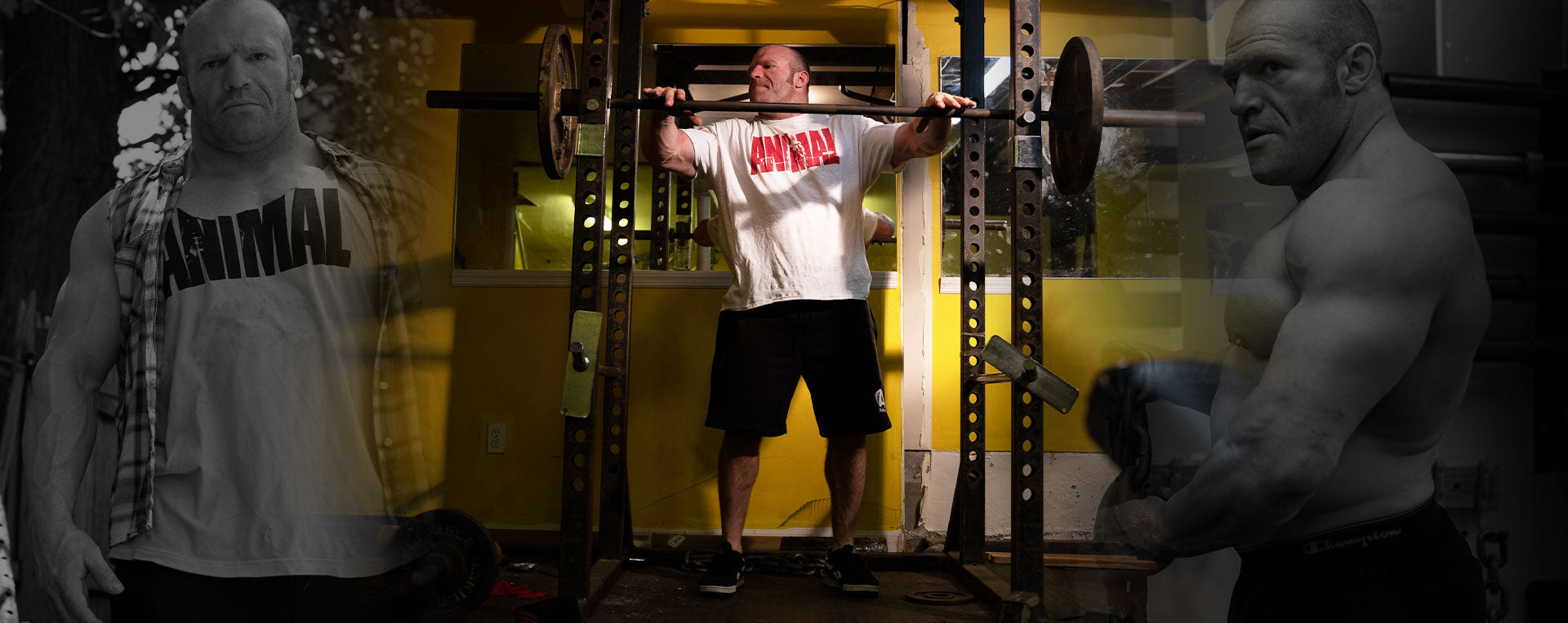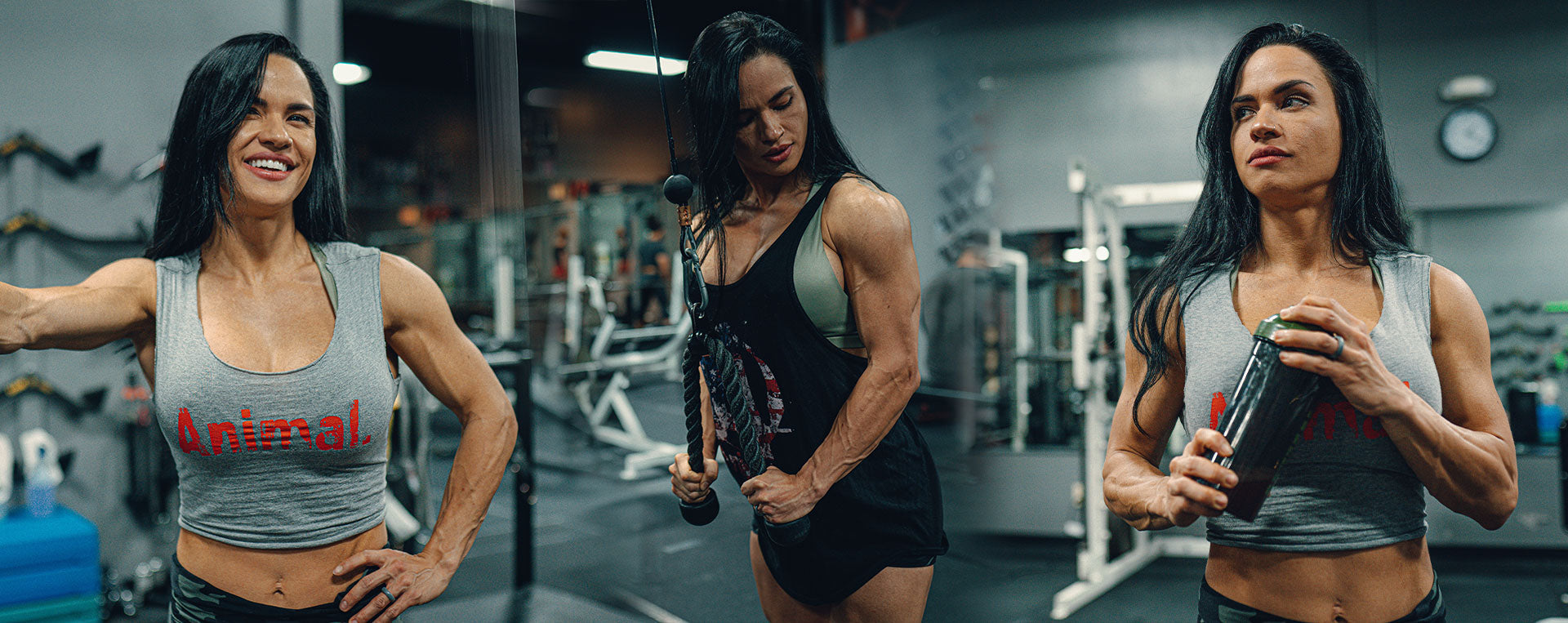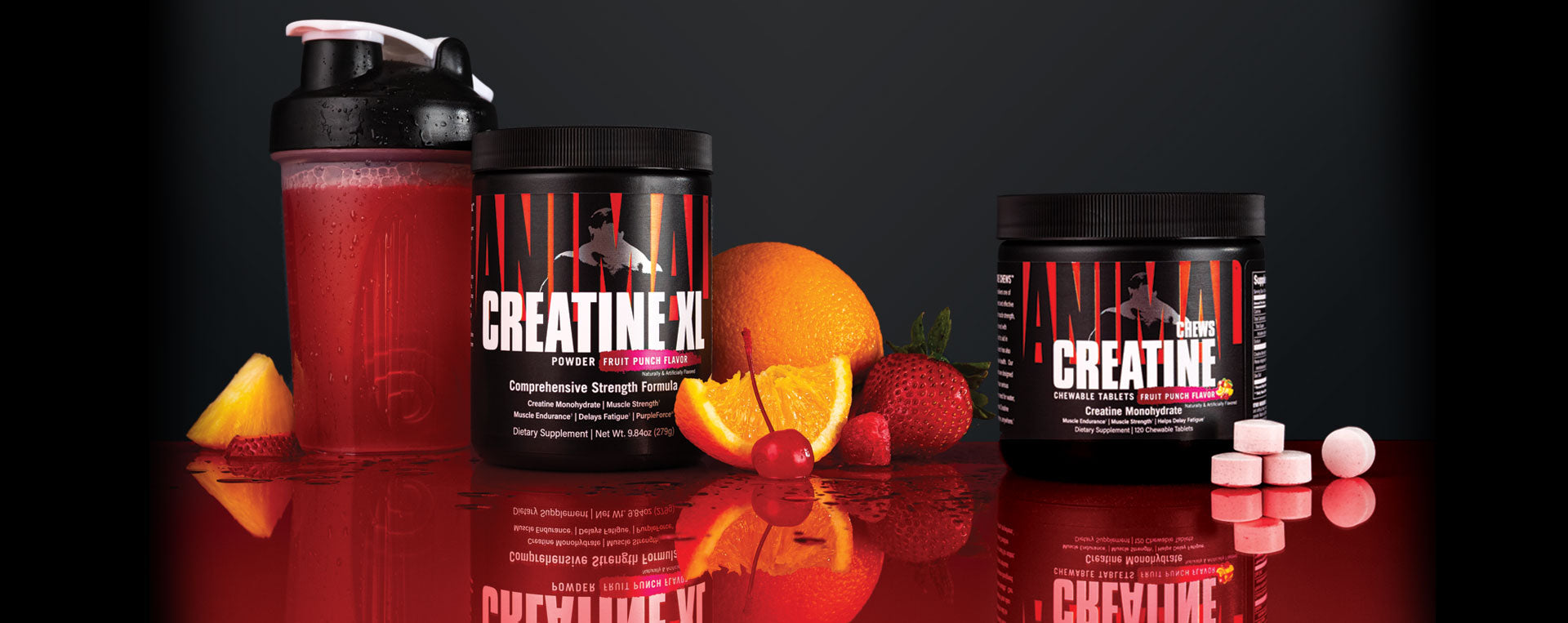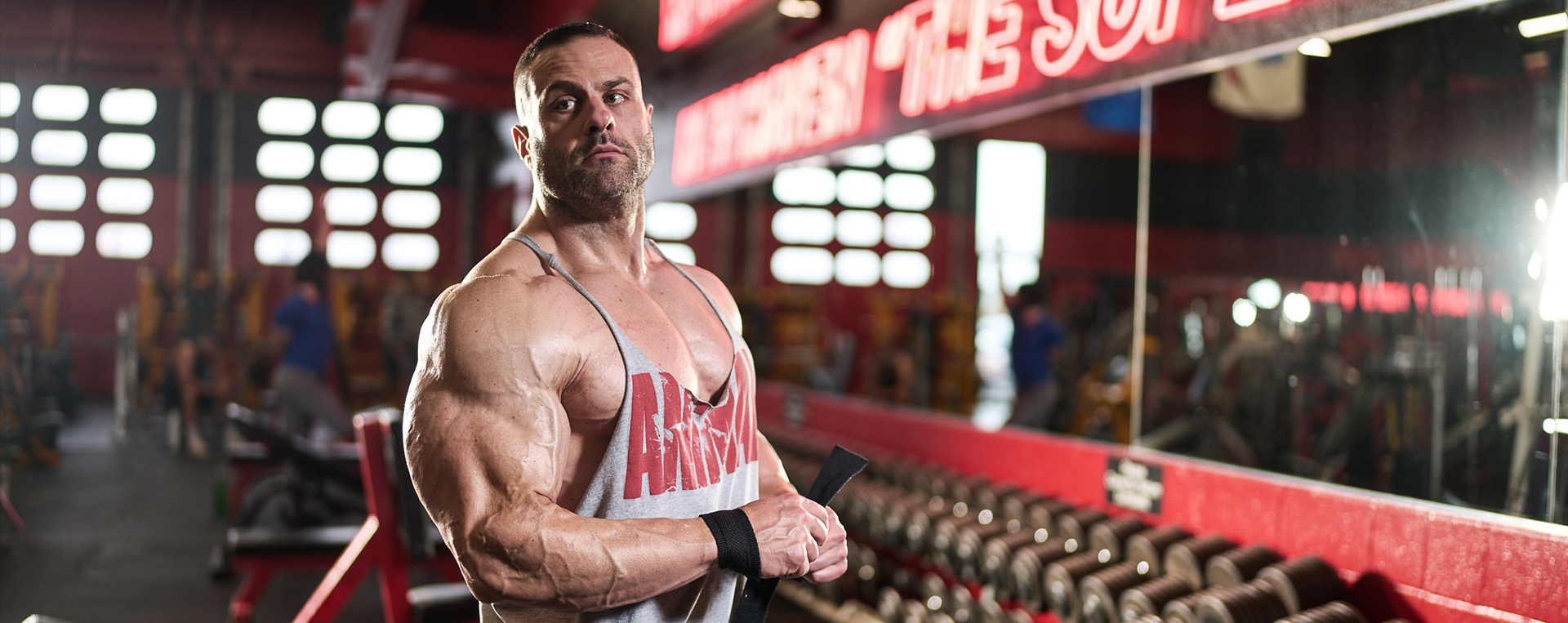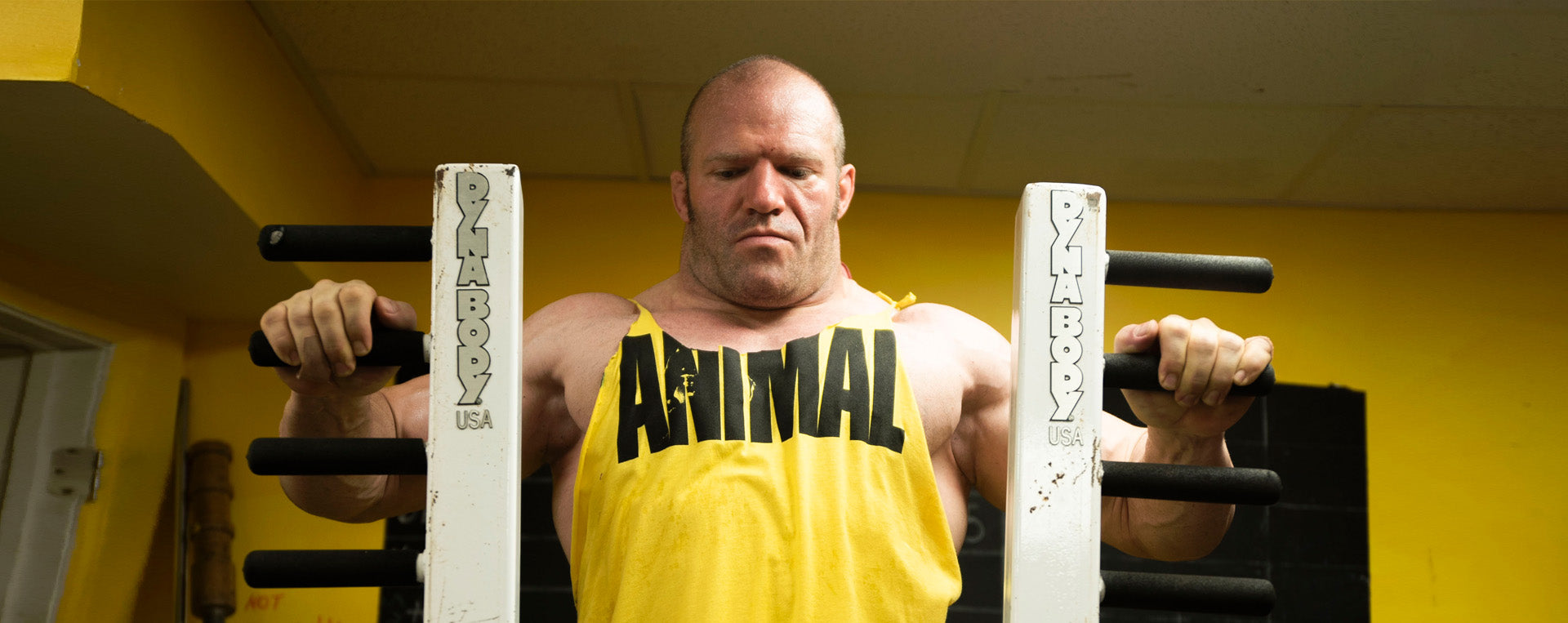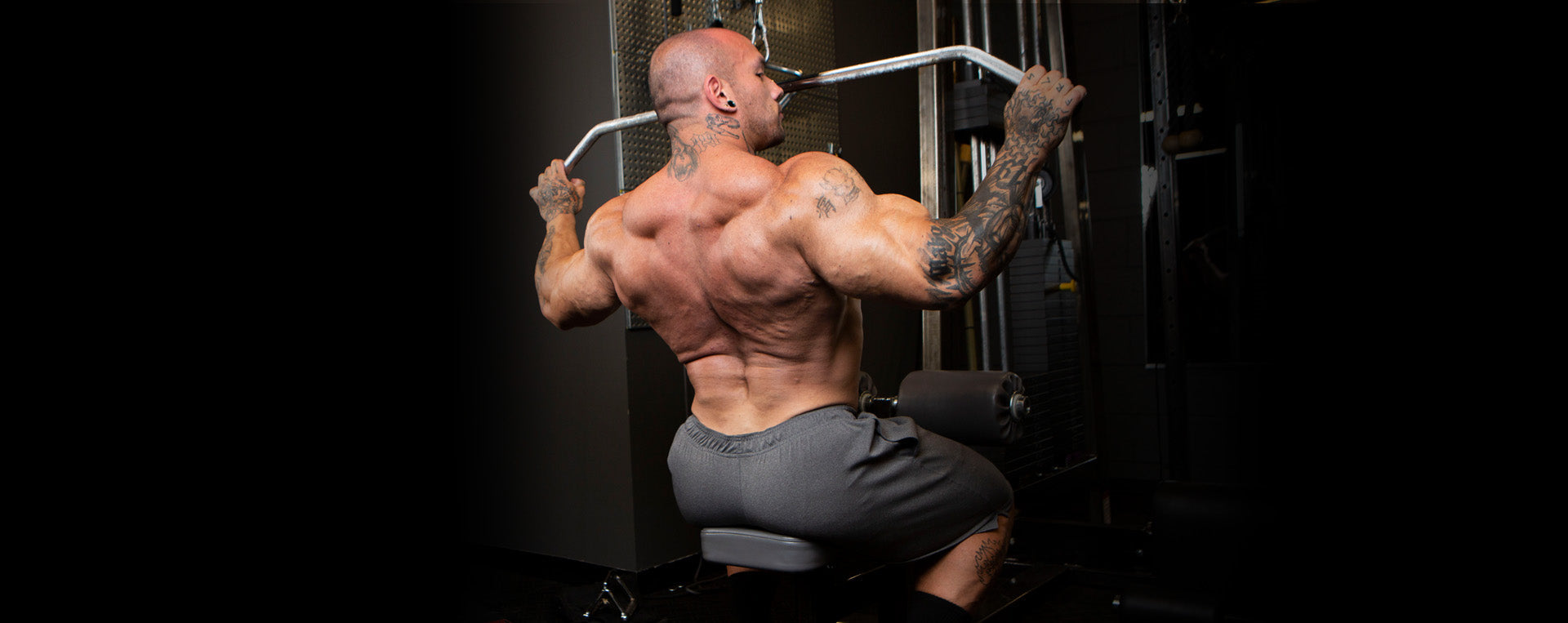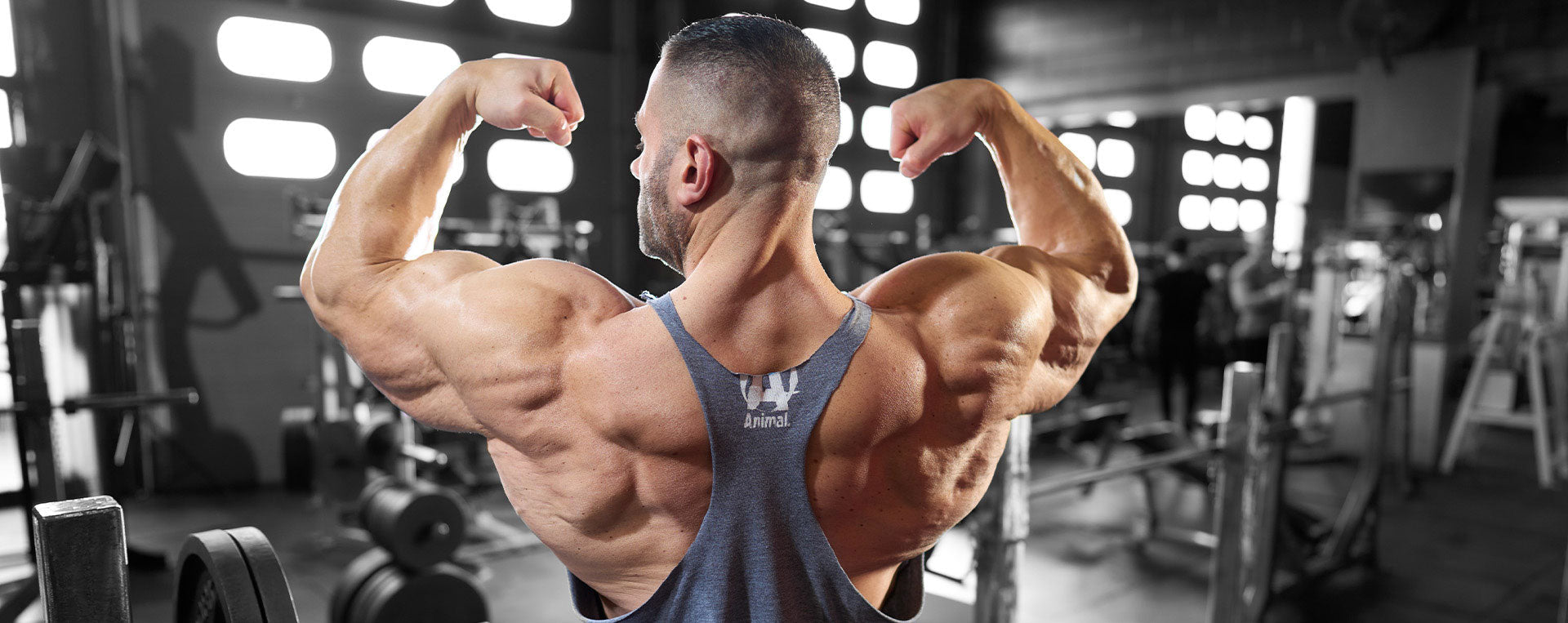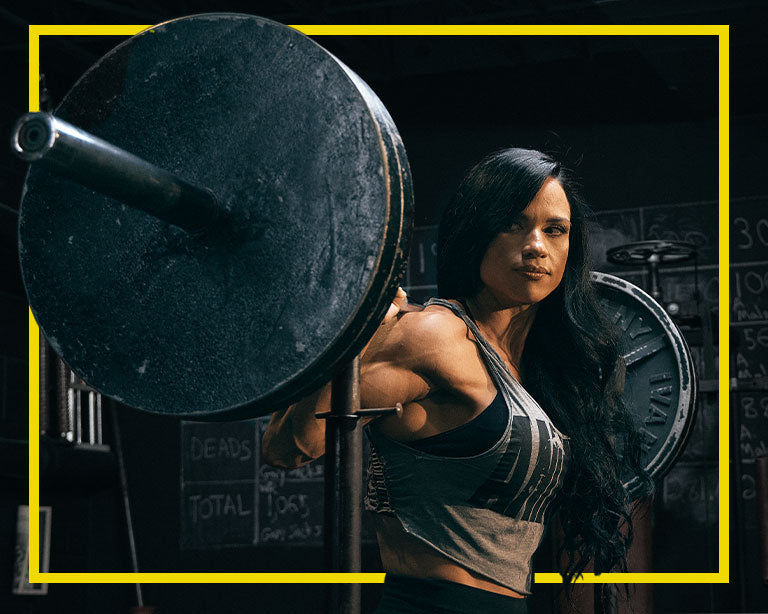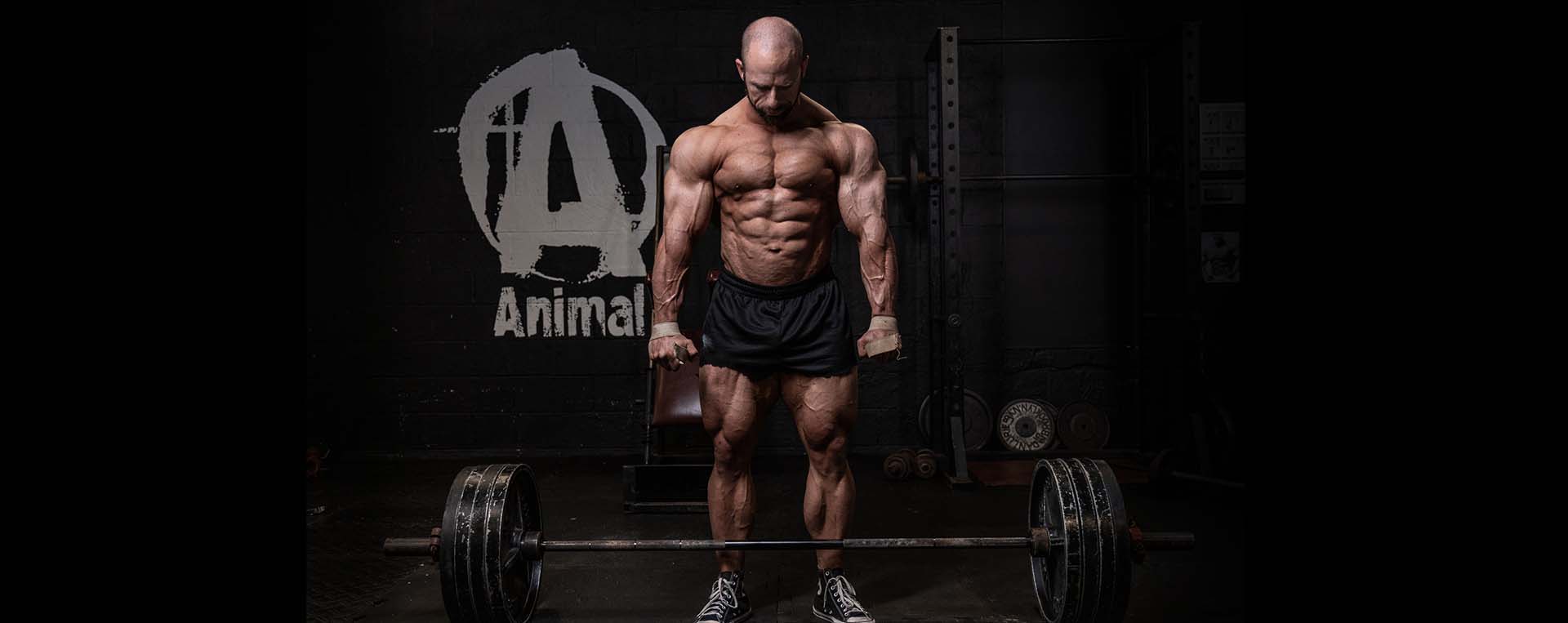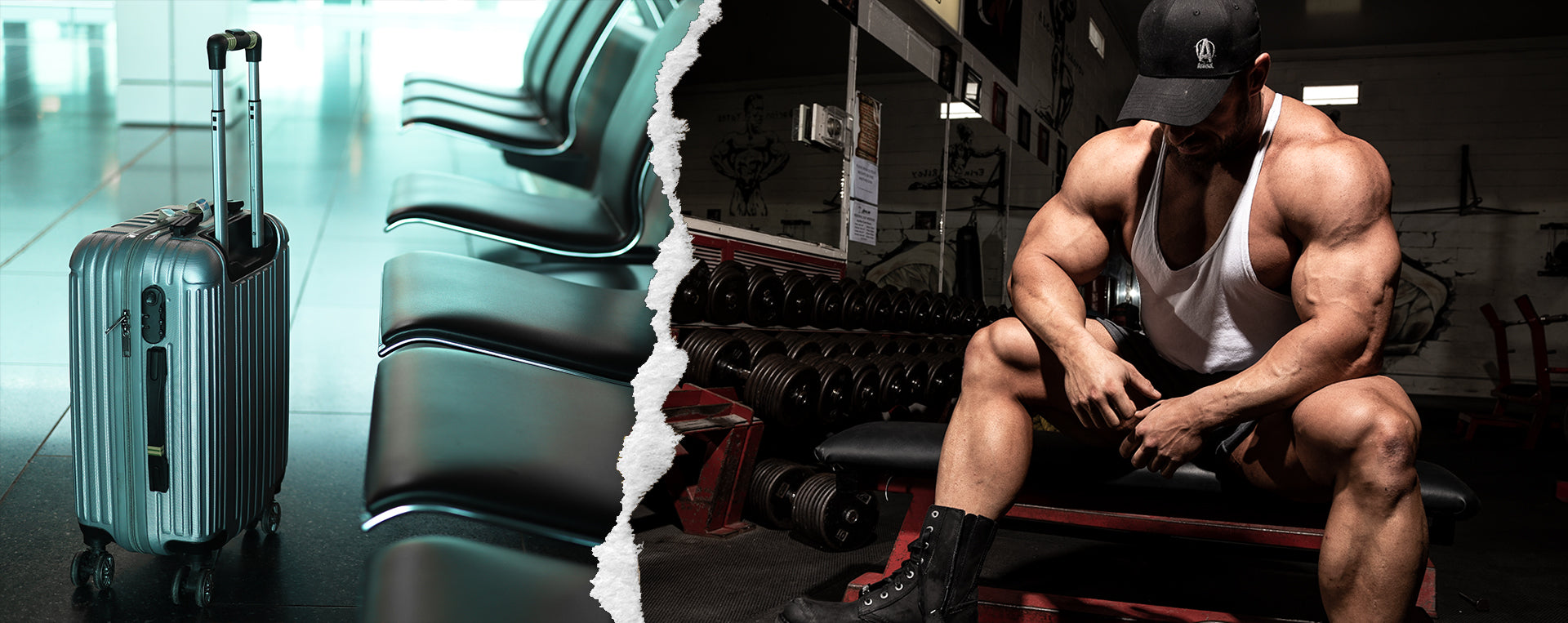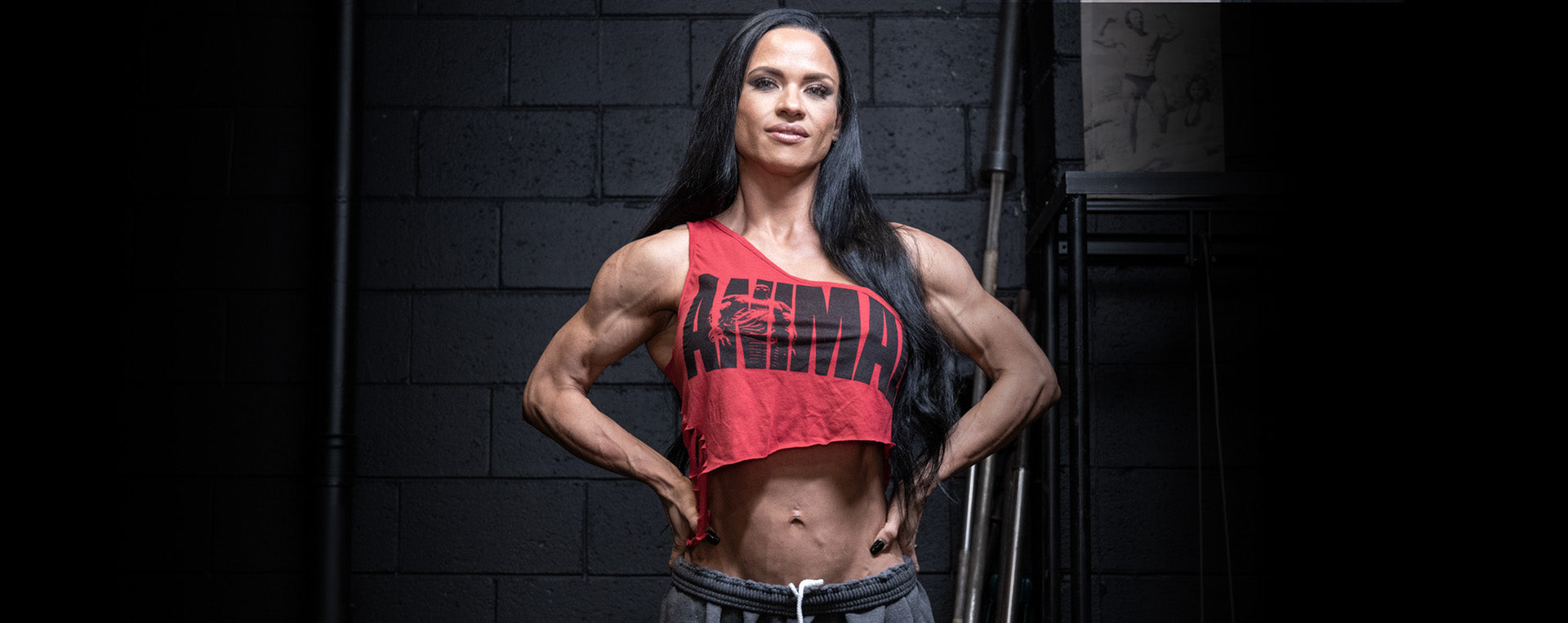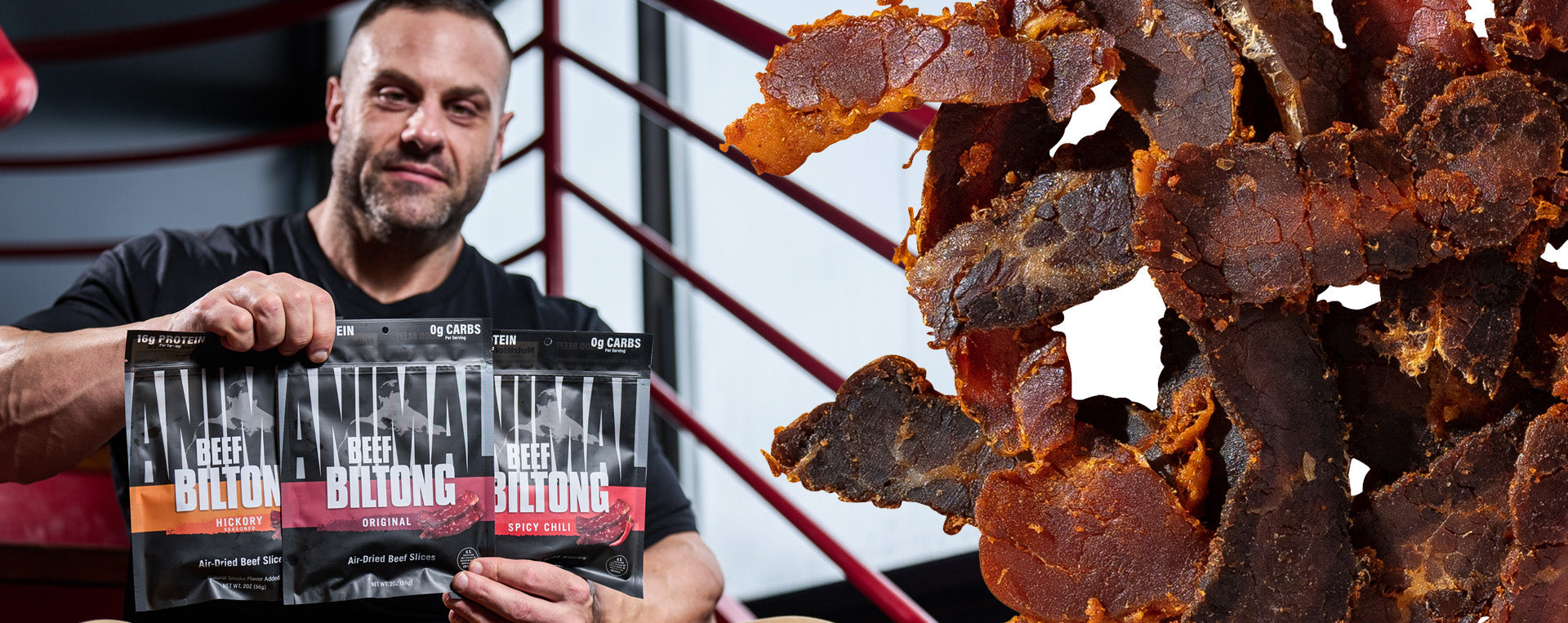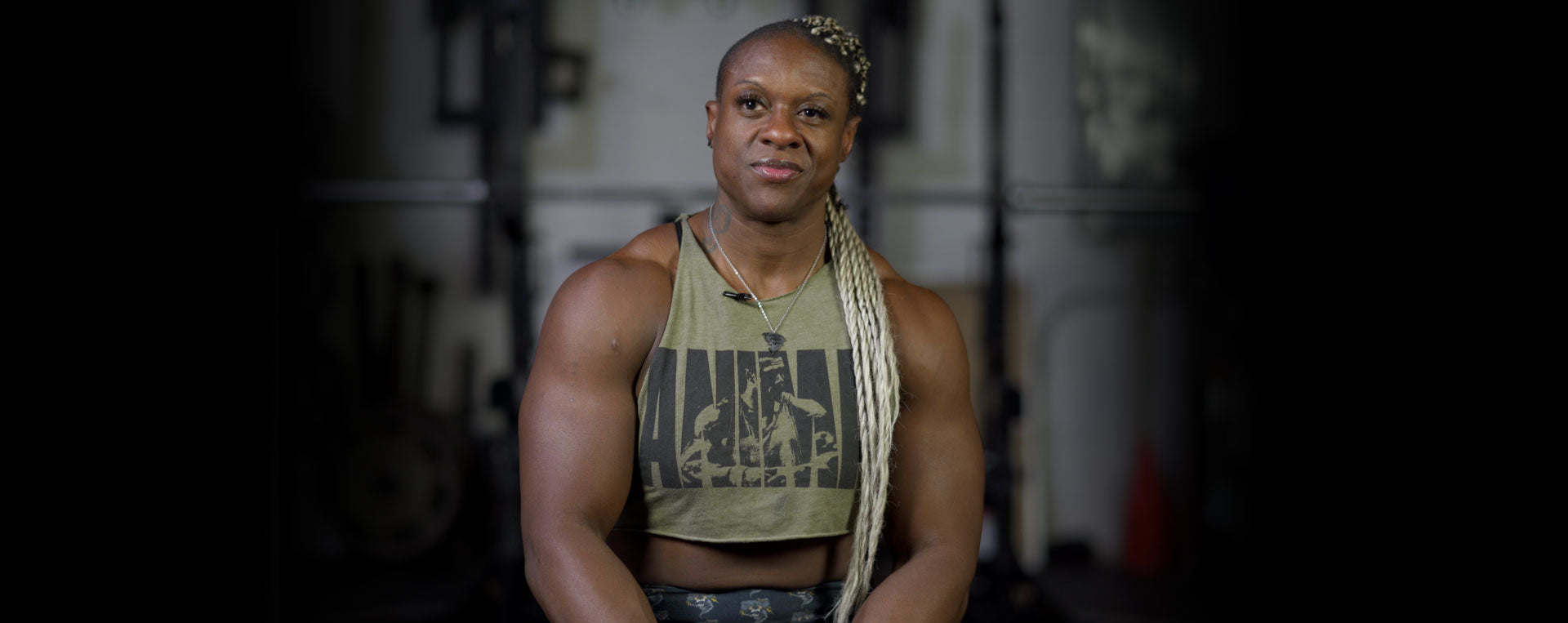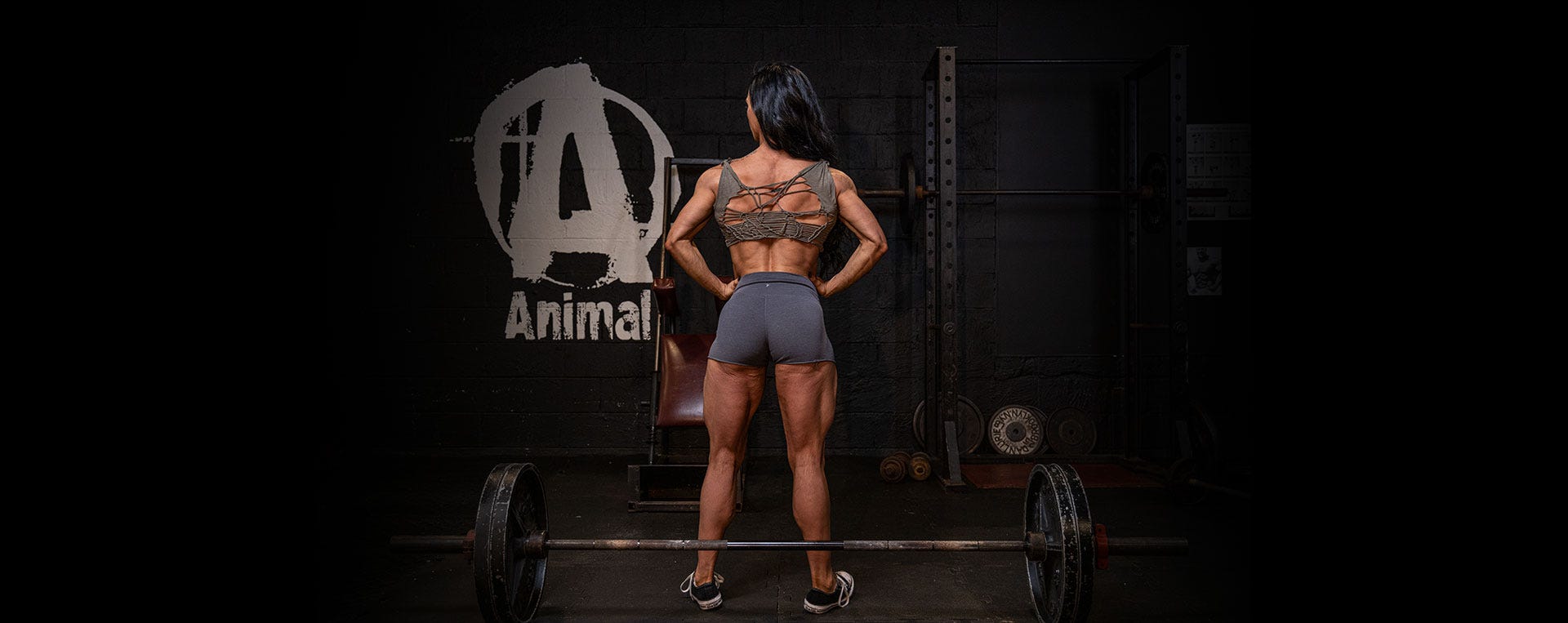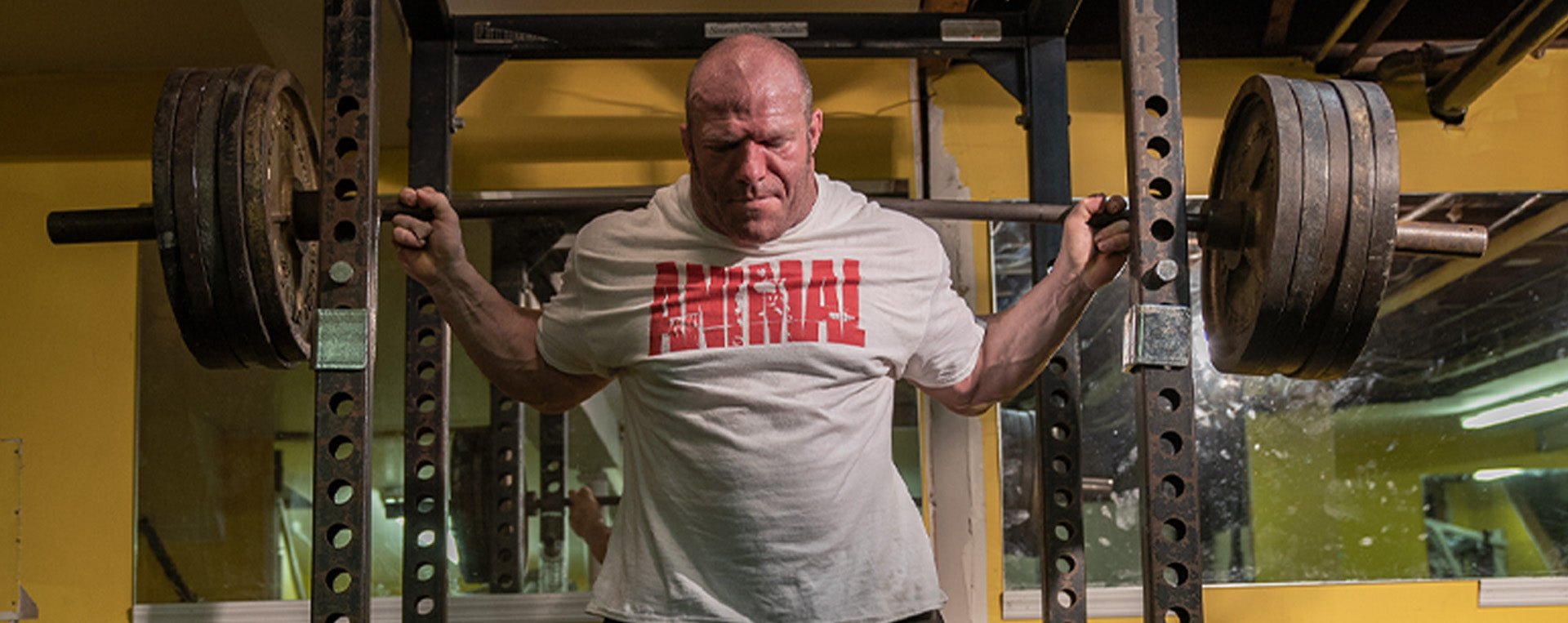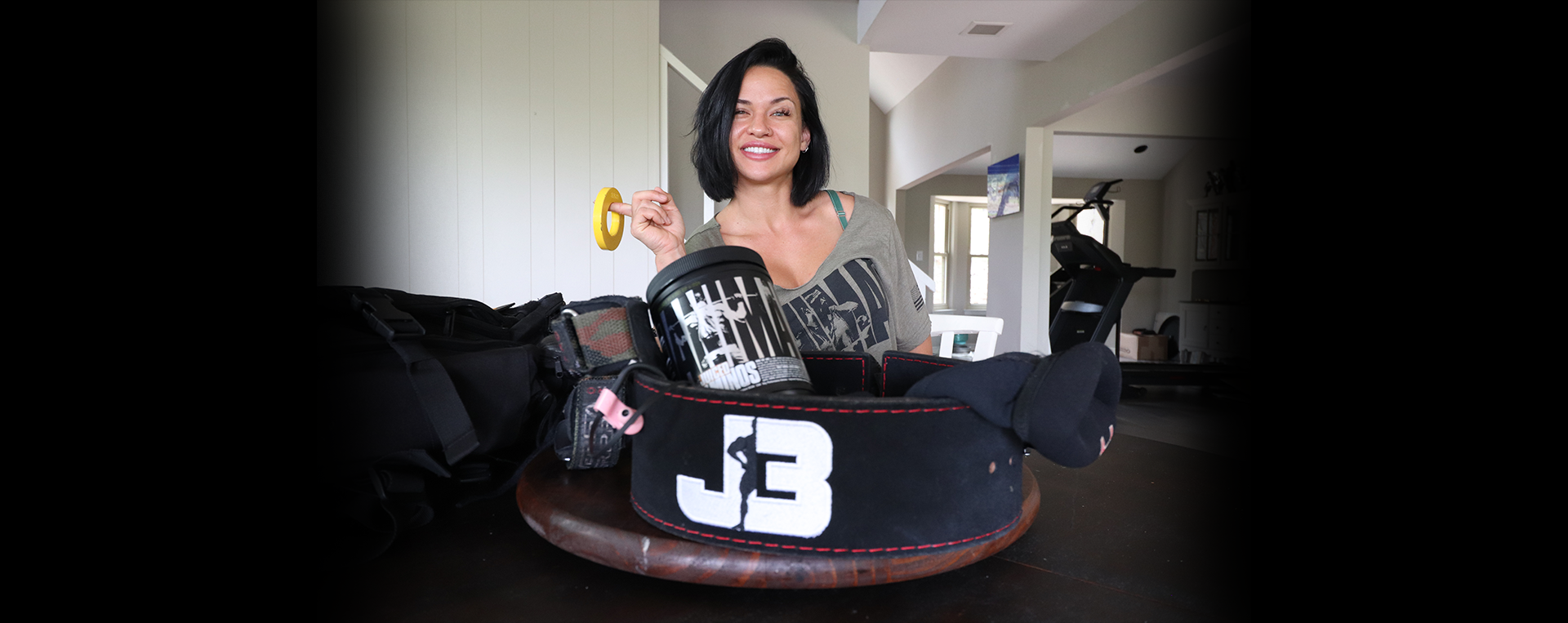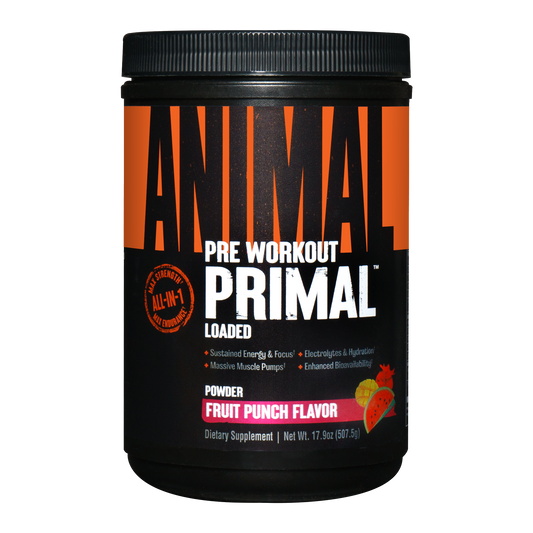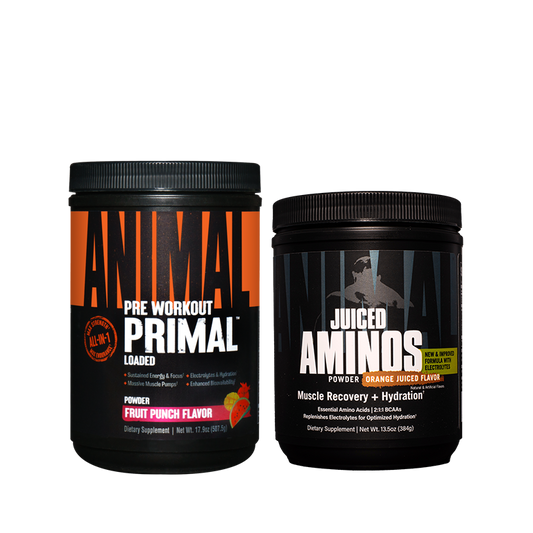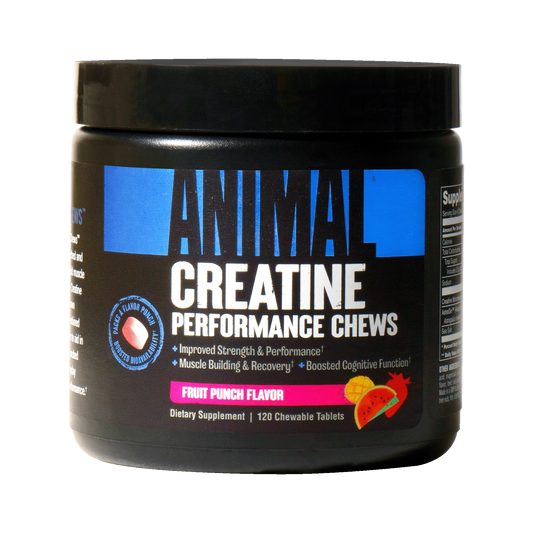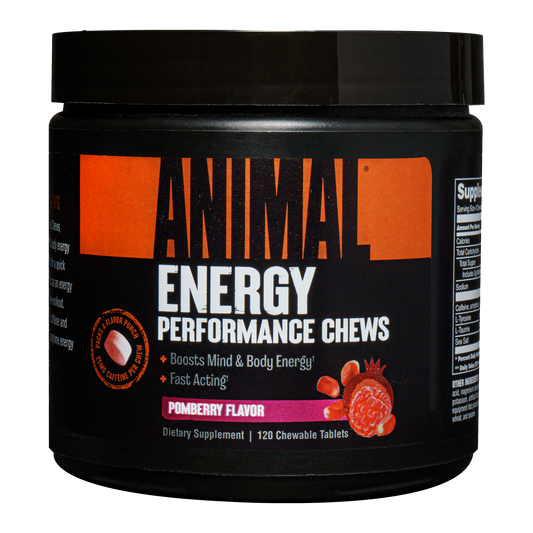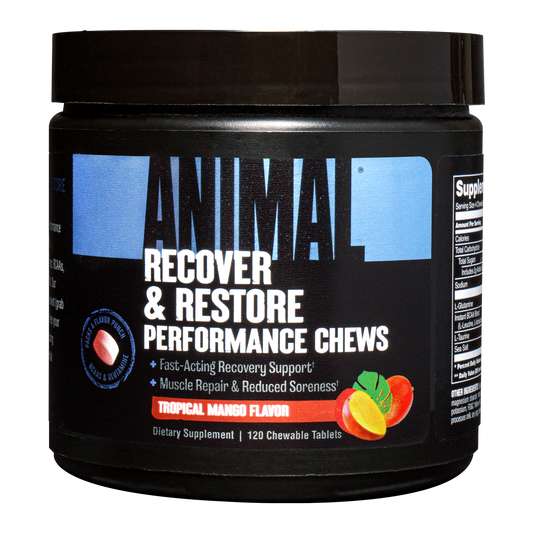A great workout is determined before you even step foot in the gym. Have you ever wondered why some of your workouts turn out crappy? You can leave a lot on the table if your pre gym routine is not up to par. In this article, I am going to give you six things you should always do before you train. This will make sure you get the most out of your weight training session and will leave you with muscles pumped full of blood and hitting personal records.
1. Nail Your Sleep
Training really starts the day before. Sleep is your number one recovery tool. Lack of sleep can put a big kink in your next day training performance. You know the feeling of getting out of bed in the morning after a terrible night’s sleep—you have that brain fog, lack concentration, and move around like a slug. Then once you get to the gym, pumps don’t exist and strength levels are low. This happens because sleep deprivation can decrease your insulin sensitivity from elevated cortisol levels, meaning poor nutrient uptake. It can also impact growth hormone and testosterone levels. Lack of sleep is highly associated with overtraining and increases the risk of recurrent injuries. Even worse is that there is a decrease in muscle protein synthesis after a night of poor sleep. A solid night’s sleep will have you in an optimal metabolic and neurologic state to progress your lifts.
What to do:
- Stick to your sleep routine and get to bed on time. Set aside 7-8 hours for actual sleep duration.
- Shut the cell phone down early and eliminate blue light exposure in your room.
- Keep your room dark and cool.
- Taper fluids in the evening so you don’t get up to pee all night.
- Limit caffeine 7 hours prior to bedtime.
- Journal down busy thoughts before bed so anxiety doesn’t wake you up.
- If you need a supplement, use Animal PM for a dose of magnesium, zinc, L-theanine, and valerian root.
2. Hydration
I know this one seems pretty obvious, but so many people slack on fluid intake, especially those that train early in the morning. Just a 1-2% decrease in total body fluid can drop off exercise performance. Bodybuilders need top performance as we are trying to give the best stimulus in every training session for growth.
Also, muscle is comprised primarily of water—it’s the medium in which all reactions take place. A hydrated muscle is an anabolic muscle. The cell-swelling pumps are a potential hypertrophic stimulus on their own; a dehydrated muscle is not going to swell with a pump.
What to do:
- If training first thing in the morning, make sure to get in the amount of fluid you lost overnight prior to training. If you lose 3 lb after a night’s sleep, get in 48 oz prior to training (1 lb = 16 oz of fluid).
- Your total fluid intake goal for the day should be 0.5-1 oz per pound of body weight (depending on sweat rate and activity level), or just make sure your urine is a light lemonade color.
3. Pre-workout Meal
As we get closer to training time, the pre-workout meal is going to be a player in performance. We want to top off glycogen stores, fuel training, minimize protein breakdown, promote a positive hormonal environment, and minimize gastric distress. I see a lot of variety in what bodybuilders prefer to eat for pre-training. They all, however, try to minimize gastric bloating and fatigue from carbohydrate overload. In general, 1 hour of weight training is not going to blast through all of your glycogen, so you don’t need a feast prior to the workout. We are looking for a balance of carbohydrates, protein, and some fat. Yes, some fat is allowable here. A small amount won’t slow digestion but it will keep blood glucose stable. Timing this meal 60-90 minutes prior to training and closer to a liquid state will be ideal for most.
What to do (90 minutes prior to training):
- Egg whites or Animal Whey Protein Powder
- Protein amount: 0.4-0.5 g per kg of lean body mass
- Cream of rice or Universal Carbo Plus
-
- Carbohydrate amount: 0.5-1.5 g per kg of lean body mass
-
- Peanut/Almond butter or coconut oil
- Fat amount: 0.1-0.2 g per kg of lean body mass
- This is optional based on digestive need, blood glucose stability, and hunger cues.
4. Pre-workout Supplements
We should be pretty well primed with a good night’s sleep, hydration, and a meal. Now we need the right supplement combination to enhance focus and energy, increase strength and power output, and maximize cell-swelling pumps. I want L-citrulline and nitrosigine to improve blood vessel wall elasticity and increase nitric oxide levels. I also want a combination of hydromax, creatine monohydrate, and sea salt to increase intracellular hydration and fuel muscle contractions. Lastly, I want to increase brain acetyl choline levels for alertness and focus with huperzine, L-tyrosine, and Alpha-GPC. Animal and I created Animal Pump Pro to contain these exact ingredients.
What to do (30 minutes prior to training):
- 2 Scoops Animal Pump Pro
- 20 oz fluid
- If you need an extra energy kick, have 1 cup of coffee or add ½-1 scoop of Animal Fury to Pump Pro.
5. Set Up Logbook and Visualize
While your pre-workout supplements are absorbing, pull out the logbook and take care of the mental side of training. In order for hypertrophy to continue occurring, we must challenge ourselves from workout to workout with progressive overloading. To be honest, I get a bit of excited anxiousness knowing the steep goal I am about to tackle, especially on a leg day.
Write out your workout and write down the weights and rep targets you WILL hit for the day. This is not an option. Put in your mind that this WILL happen. Visualize yourself being in the moment of those sets, getting into those grinder reps and finishing them out flawlessly. Visualization, a powerful tool used by many athletes, should be used by bodybuilders as well. A great workout starts with your mindset and mentality as you walk into the gym.
What to do:
- Keep a logbook of all your lifts.
- Note the exercise, load, reps, and effort level for your working sets.
- Before you repeat the workout, plan to add 2-5% weight to the bar or add 1 rep.
- Visualize yourself completing the task.
- Engage in positive self-talk (e.g., the goal of the day is yours).
6. Gym Bag Checklist
You get to the gym and you are primed and psyched to train. You reach into your gym bag and—gasp—you left your headphones at home. We’ve all been there. You feel the wind go out of your sails and you briefly think that the workout will go to shit. But you are reading this now, so this won’t happen to you. Before leaving home, let’s make sure we have some gym bag essentials in place.
What to do:
- Leave your gym bag in the car or near the door so you can’t miss seeing it.
- Create a routine where you must open the bag and check off items every day.
- Have in mind a backup plan for important items. Leave some back up crap headphones in the glove box or extra wrist wraps in the center console.
- Fail to plan, plan to fail.
What’s in Jewett’s gym bag?
- Converse shoes
- Walking shoes
- 10mm Lifting lever belt
- Lifting straps
- Micro loading 1.25 lb plates
- Gym pin to load plates on machines I have stacked out
- Headphones
- Cell phone charger
- Extra carabiner
- Wrist/Ankle straps for handless cable work
There it is everyone. Taking these steps will set you up for a stellar workout. Routine builds consistency, and in bodybuilding that consistency of great workouts will add up to muscle gains for your next time on stage. Stay organized, nail your routine, and get ready to grow.


